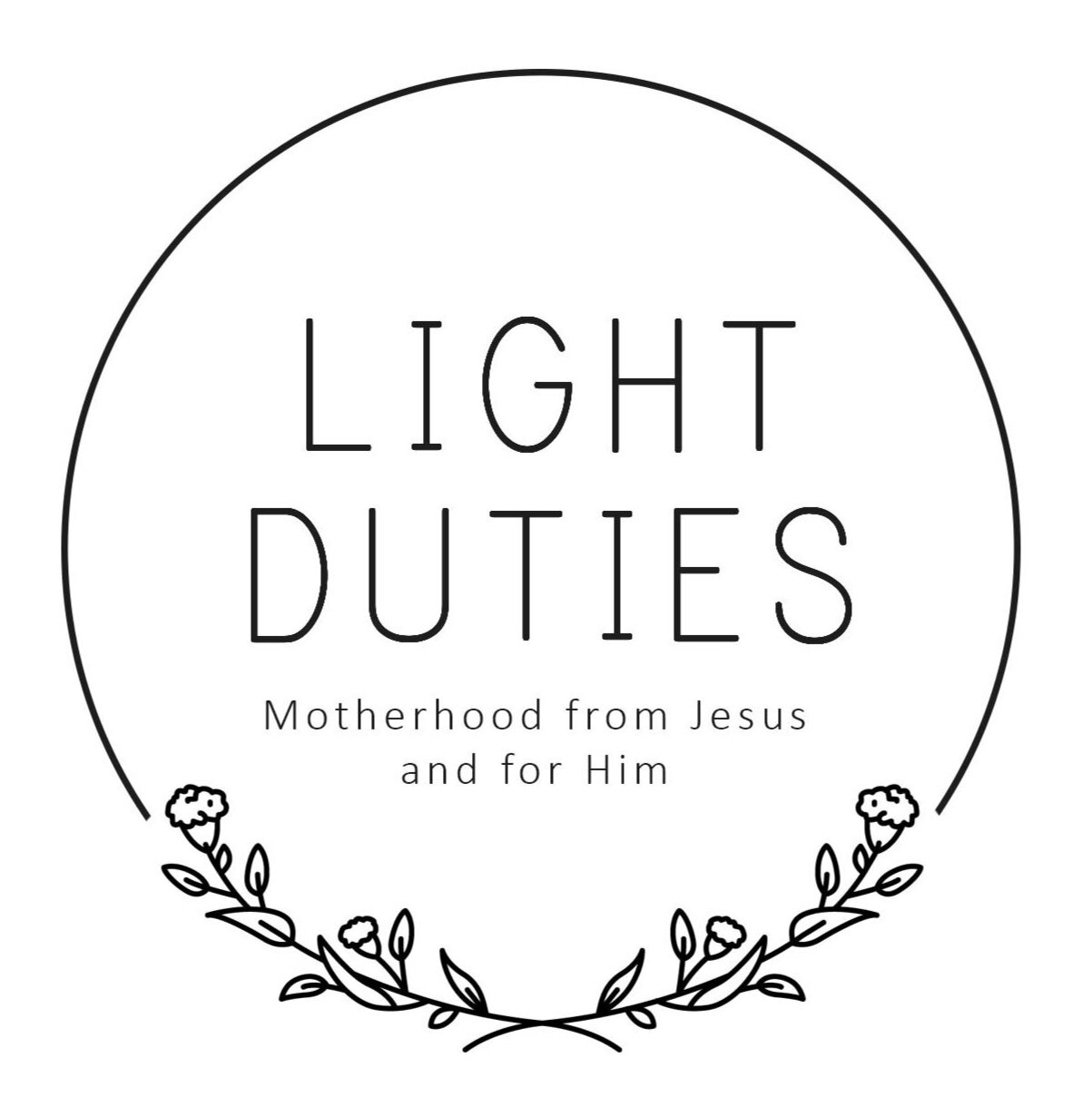#19. Your Limited Life is No Accident
In article #17 we came to a crucial landing spot. Before we proceed, we’re spending a few articles thinking about limitations—the very things which make ideals seem distant.
Limitations are a part of God’s good design for us. Some of these limits existed before sin and others are the rumbles of disorder that followed. Both tend to make us afraid and both are used by God to take us to the floor. That is what article #18 was about. That view of limitations is only comforting because Jesus knows those limits inside out. The hard edges of being human—sin, fear and death—have been mastered by Jesus. Our God doesn’t just glance over our helpless estate, unmoved. He doesn’t just empathise, imagining from afar. He has come down and into it. Eternal God the Son, subject to none of these limitations, confined himself to the same conditions we’ve got. He became a man; God with us. Our God—Father, Son and Spirit—is deeply with us and for us. He’s the One who, though he made all the limits and subjected himself to those limits for a while, reigns supreme over them now.
At the beginning of Colossians, Paul shows us what our own eyes can’t yet see,
The Son is the image of the invisible God, the firstborn over all creation. For in him all things were created: things in heaven and on earth, visible and invisible, whether thrones or powers or rulers or authorities; all things have been created through him and for him. He is before all things, and in him all things hold together. And he is the head of the body, the church; he is the beginning and the firstborn from among the dead, so that in everything he might have the supremacy. For God was pleased to have all his fullness dwell in him, and through him to reconcile to himself all things, whether things on earth or things in heaven, by making peace through his blood, shed on the cross. Colossians 1:16-20
Hebrews introduces Jesus in a similar way:
[God’s} Son, whom he appointed heir of all things, and through whom also he made the universe. The Son is the radiance of God’s glory and the exact representation of his being, sustaining all things by his powerful word. Hebrews 1:2-3
John’s gospel begins with,
Through him all things were made; without him nothing was made that has been made. John 1:3
In Romans 11, the glorious doxology about God’s wisdom and ways concludes,
For from him and through him and for him are all things. To him be the glory forever! Amen (see all Romans 11:33-36).
Jesus is Lord, not just the sentimental lord-of-my-heart-when-I-let-him. He is objectively Lord over everything, whether we see it or not. He made, rules and sustains all things. That means he made, rules and sustains the thousands of elements that are tangled up in our mothering work. Not one detail escapes him. Motherhood is a set of relationships and tasks from Jesus and for him; a reality designed by God to display his magnificence. In Jesus, it all holds together (not in our little hands). He is supreme over it all, reconciling all of it to himself—making it what it ought to be, by virtue of what he achieved on the cross.
Christians don’t believe in accidents. We believe in the involved, loving sovereignty of God over the world he has made. He is active in sustaining all things, and ordering everything according to his good purposes. Such is God’s wisdom that he even uses the wicked opposition of Satan and of humankind, in carrying out his good designs. He triumphs over folly and ignorance and disobedience. He has mastery.
This doctrine, while mysterious and sometimes too weighty for our unfit hearts, is comforting. In the worst of difficulties, or even just the plain monotonous, we belong to the God who orders everything and is able to rearrange things in an instant. If he chooses not to, his word tells us that he knows more than we do. It is fitting to lament and pray and long for good things; but we trust that God is providing in goodness and love. He’s not indebted to our demands. He’s giving what we need to display his glory; what is needed to lead us into eternal, joyful, satisfying good. We can’t see the health of the farm when we are the seed buried in the compost pile.
As we look at our limitations, we would prefer God’s sovereignty be expressed only in clear, quick, simple and direct solutions (which he is more than capable of doing). But God took the slow, lowly, costly path to display his supreme Lordship over all things. He took on his own creation from the inside out, undoing the Fall in every atom of the universe as the man who is God. We ought not be alarmed when the Lord Jesus brings about the Father’s glorious purposes in backwards and inside-out ways. God’s ways often look inefficient and incomplete to his simple creatures.
Trusting the Lord Jesus lets us settle into things, limited as they are. We are freed from the angst of conjuring up a different life which might be easier to obey in. Whatever situation God has provided today, is where he would have us trust and obey today. The time, tasks and materials we have today are God’s things he would have us spend for him now. The day as it is, is no accident, but a definite and purposeful provision from the Lord who is actually and completely Lord of all. This is the precise way he is choosing to magnify his glory and to bring us into his joy. To him will most definitely be the glory forever.


